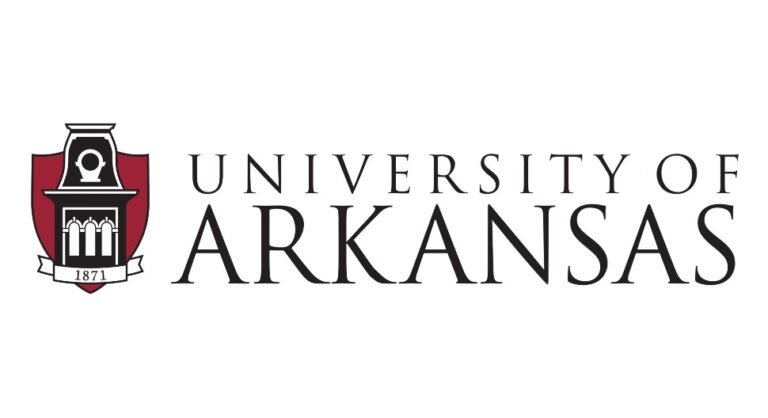Who We Are
The Department of Psychological and Brain Sciences is engaged in research that falls into all five graduate areas of specialization:
- Behavioral and Cellular Neuroscience
- Clinical Psychology
- Cognition and Cognitive Neuroscience Psychology
- Industrial/Organizational Psychology
- Social & Personality Psychology
In addition to the Department of Psychological and Brain Science’s 5 areas of specialization, we have overlapping research interests that bridge traditional areas of psychology. These primary research themes include Affective Science; Diversity Science; Neuroscience; Personality and Individual Differences. To learn more please visit our site at https://artsci.tamu.edu/psychological-brain-sciences/index.html
What We Want
In the Department of Psychological and Brain Sciences’ Swinford-Jackson laboratory, the Postdoctoral Research Associate will investigate the molecular mechanisms of drug craving. We are looking for a Postdoctoral Research Associate who is highly motivated, attentive to detail, and a rigorous and creative scientist with interests in elucidating the neurocircuitry and neurobiology underlying aspects of methamphetamine craving. Major techniques used in the laboratory will include rodent behavioral assays, rodent in vivo surgery, single nuclei sequencing approaches, qPCR and other molecular biology approaches, immunohistochemistry, and microscopy. If the description sounds exciting to you, we invite you to apply to be considered for this opportunity to join our team.
What You Need to Know
Salary: Compensation will be commensurate based on the selected candidate’s education and experience.
Special Note: Due to this position’s salary having all or a portion of it being funded by grants or contracts, the continuing salary and overall employment is contingent upon availability of these funds in the future.
Required Education and Experience:
- Appropriate Ph.D.
Preferred Qualifications:
- Ph.D. in Neuroscience, Pharmacology, Psychology, Biology or related field
- Experience in rodent surgical techniques
- Experience with rodent handling and/or behavioral paradigms
- Experience with protein biochemistry and/or molecular biology techniques, including but not limited to immunohistochemistry, Western blot, qPCR, RNA sequencing, etc.
- Excellent organizational, written, and oral communication skills
- Highly motivated and attentive to detail
- Strong interpersonal skills to engage in a collaborative environment
Responsibilities:
- Experimental Research: Perform rodent surgeries including intravenous catheterization and stereotactic viral vector and/or implant delivery. Perform rodent behavioral assays including drug self-administration. Perform molecular biology experiments including qPCR and single nuclei sequencing. Perform immunohistochemistry and/or RNAScope and imaging by microscopy
- Data Collection, Maintenance, Analysis, and Presentation: Collect, record, maintain and analyze experimental data. Prepare presentations of results for lab meetings and conferences. Prepare manuscripts for publication of research results.
- Professional Development and Scientific Engagement: Attend and present at lab meetings and journal clubs. Attend and present at national and international conferences. Develop independent research project and apply for funding (as applicable). Participate in other scientific and professional development opportunities (as applicable).
- General Lab Duties: Assist in managing rat colonies, including breeding, genotyping, and recordkeeping. Supervise undergraduate research assistants.







